Blast away the unwelcome symptoms of water retention and discover how to get rid of water retention overnight with these quick-relief tips
Water retention can strike at any time of the year, and straying from your usual daily routine can be one of the key culprits.
If you’ve just come back from holiday, you might have noticed the scales tipping in the wrong direction but weighing more than usual after a break away isn’t always a sign that your body fat has increased.
You might be surprised to hear that sudden changes in body weight are often commonly caused by excess water weight.
What causes water retention?
Our bodies regulate how much water we store, and sudden fluctuations can be brought on by a whole range of factors. These include taking a long-haul flight, where you’re sedentary and exposed to high altitude for a prolonged period.
Sudden changes in climate are also a key water-weight trigger. Going from cold weather to warm climes causes blood plasma volume to expand, which prompts the body to hold onto more water.
When the temperatures rise, we are also more susceptible to dehydration as sweat levels naturally increase. It’s a vicious cycle as this causes a loss of water as the body tries to protect against further dehydration.
As a result, you can experience uncomfortable symptoms such as abdominal bloating, swollen ankles and wrists and general lethargy, which can impact your mood and energy levels.
The good news is that there are lots of effective strategies for losing weight water, and if you take some smart steps, you can trick your body into losing water weight overnight. Try these tips today:
Eliminate sodium
Sodium is an electrolyte that’s important for regulating the amount of water we store in our body’s cells. Even small changes in the ratio of sodium to other electrolytes like potassium and magnesium, can result in a loss or increase in body fluid.
There are obvious sodium snack offenders like crisps, salted peanuts and pretzels, but sodium is often hidden in pre-prepared foods like ready meals, sauces and marinades. Even tinned soup, baked beans and salad dressings are likely crammed with sodium.
The best way to reduce your sodium intake is to side-step commercially prepared foods in favour of making meals from scratch. This way you are in control of the ingredients you’re consuming. Ditch the saltshaker for flavoursome herbs and spices like coriander, cumin and turmeric to jazz up curries, and basil and parsley to add pizzazz to pasta dishes.
Drink more water
It sounds like a contradiction but drinking more water can help to reduce possible symptoms of fluid retention by making it easier for the body to flush out excess salt. To stay hydrated you’ll need to sip around two litres of water.
Adding lemon and parsley sprigs to regular water can amplify the retention-reducing effects so it’s a good idea to liven up plain water. Carry a bottle of water around with you during the daytime hours and keep a glass of water by your bedside to avoid nighttime dehydration.
Elevate your legs
Being sedentary for prolonged periods can exacerbate water retention. Try to rest with your legs above your heart when you’re watching the telly or sat at your desk to help stimulate fluid to move around your body instead of building up in your feet and ankles.
Before bed, grab yourself a nice foot cream and gently massage your feet to help reduce retention and relax your senses before getting your zzzs.
Wear compression socks
Compression socks can be an effective way to combat water retention, especially if you’re sitting or standing all day long.
The tightly fitting socks help to give your blood circulation a boost by applying gentle pressure to your ankles and legs. This helps to support the tiny blood capillaries and removes excess fluid out of your tissues so that you feel more comfortable.
Take a bath
Soaking in a magnesium-rich Epsom salt bath can help to gently remove fluid buildup as the benefits of the salts are absorbed through the skin.
Add a handful of salts to a warm bath and soak in the tub for 15 to 20 minutes to help reduce swelling.
Avoid alcohol
A pre-dinner cocktail or two might feel like a good way to unwind after a busy day, but alcohol triggers dehydration, which leaves you feeling puffy and swollen.
Avoid alcohol-induced water retention and keep your body in tip-top condition by switching over to herbal teas. Tea infusions made of herbs like dandelion, nettle and fennel are a helpful aid to combat bloating.
Load up on diuretic foods
While there are lots of foods that cause water retention, there are also plenty of foods that help to flush away excess water weight.
Cucumber, celery and watermelon are a powerhouse of nutrients but better still, they also act as a diuretic, which means they increase urine output to help you get rid of water weight. Add these foods to your daytime diet to help reduce water retention overnight.
Take herbal water tablets
Water tablets are one of the most effective ways to help with losing weight, and herbal-based water tablets are a safe option that can provide relief in as quickly as 2 to 4 hours. They gently stimulate the body to lose excess fluid through sweat and urine.
Dandelion, buchu leaf and uva ursi root all feature in HRI Water Balance Tablets, which are formulated to target the symptoms of mild water retention for sufferers. This handy article explains how water retention tablets work.


